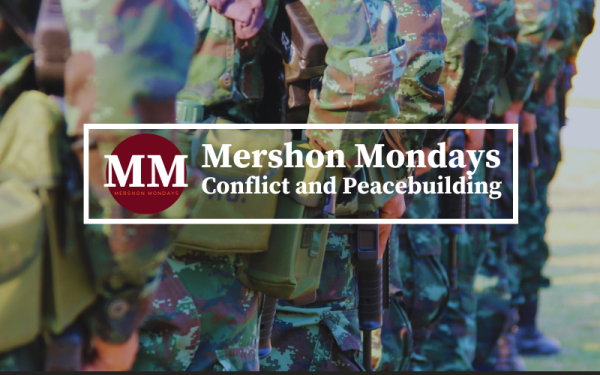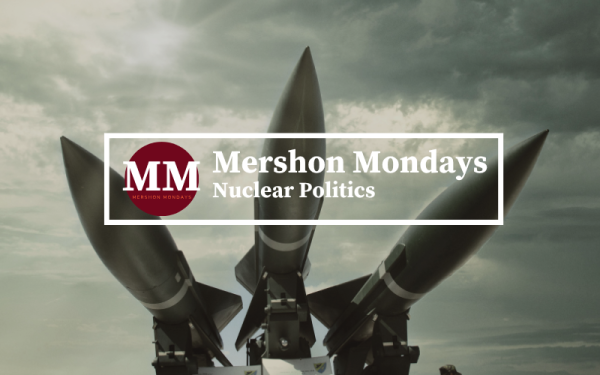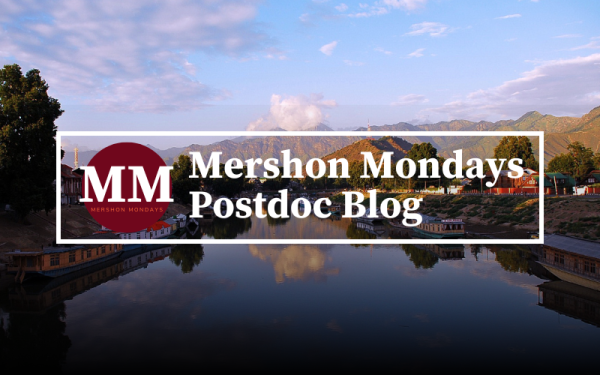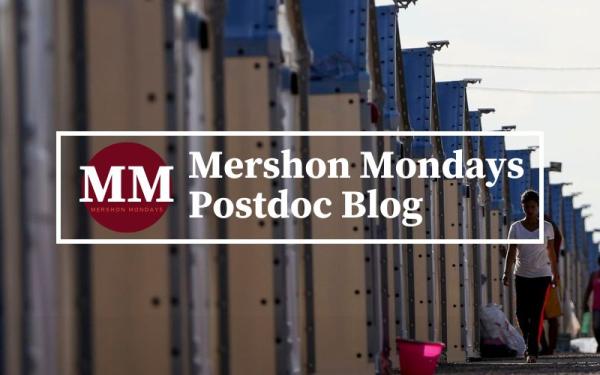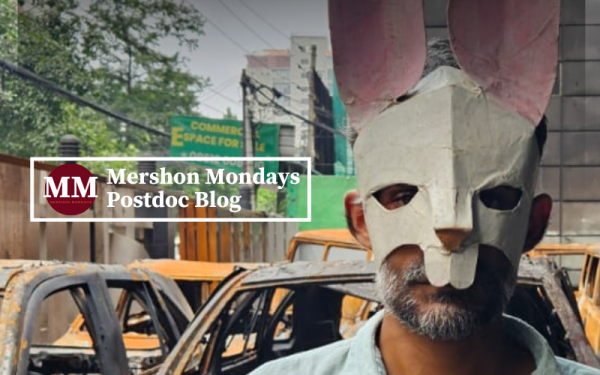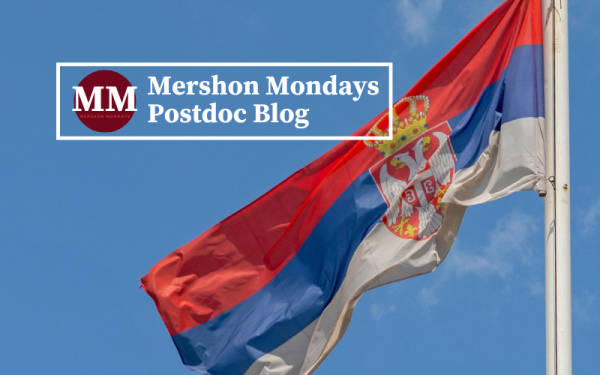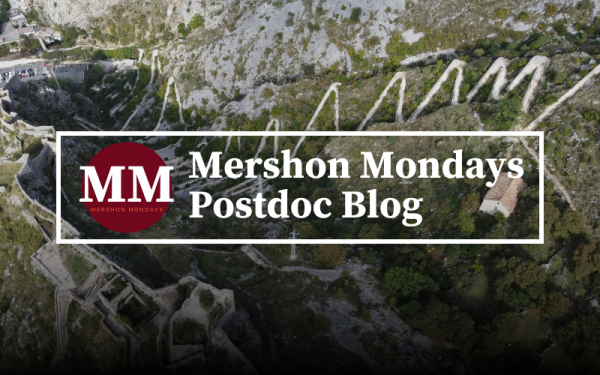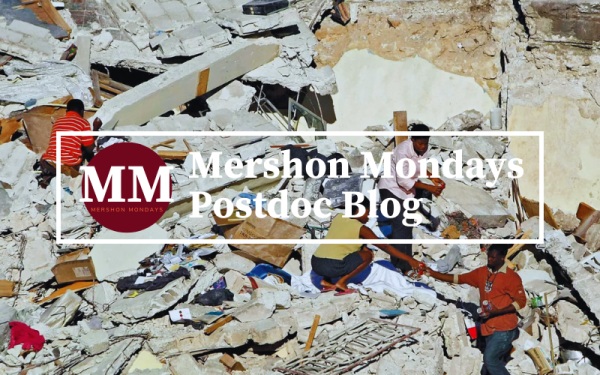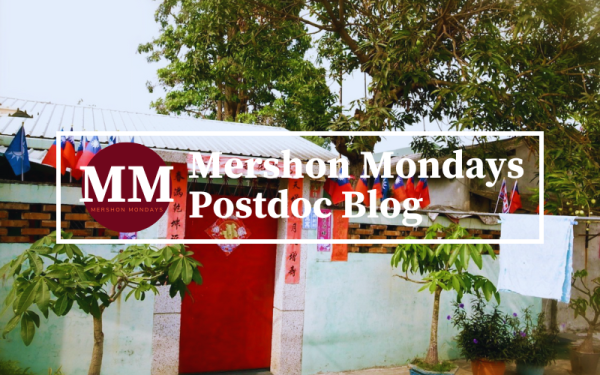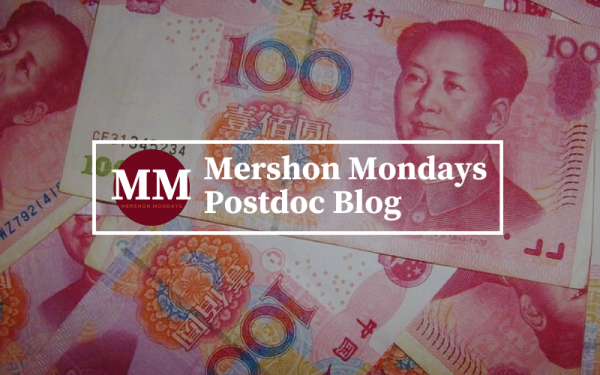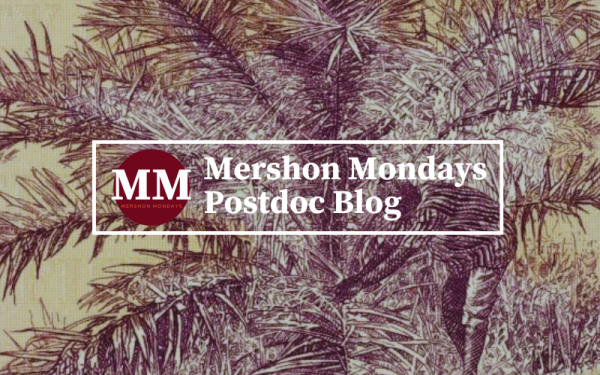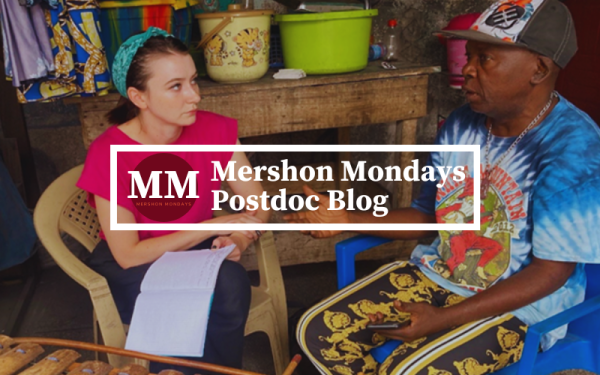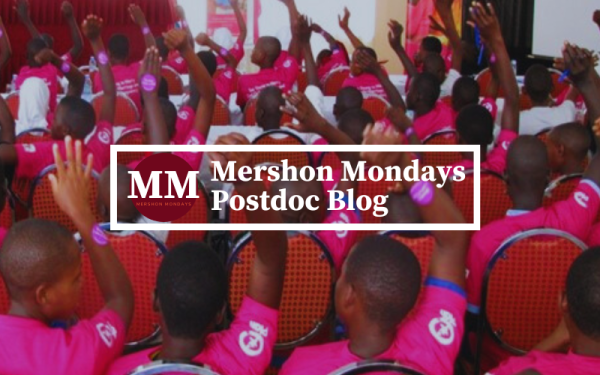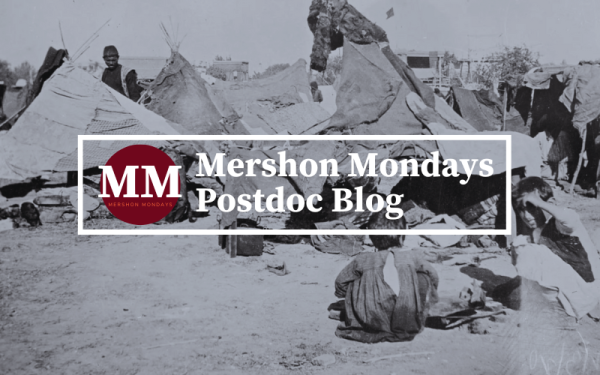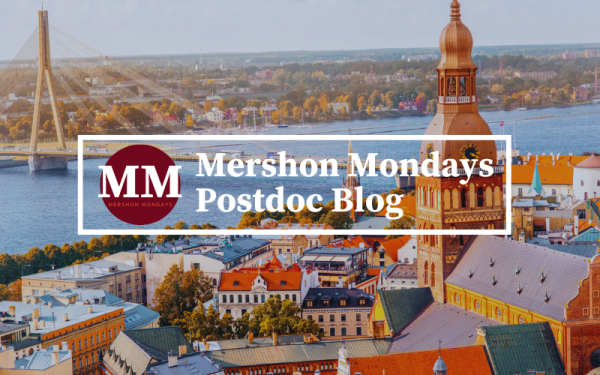Mershon Mondays

Mershon Mondays are in-house events for Mershon Center for International Security Studies affiliates and their guests. They feature a roundtable panel in conversation about selected themes and are are a space for faculty and graduate students to share research ideas, stories, opportunities, and challenges in a welcoming atmosphere. The dates and themes for the autumn 2025 semester are:
- September 15: Conflict and Peacebuilding
- October 6: Environment and Security
- November 10: Nuclear Politics
Mershon Mondays take place each month in Derby 1039. Lunch is served at 12:15, and discussion goes from 12:30 to 1:30.
For autumn 2024 - spring 2026, Mershon postdocs will take the lead in programming Mershon Monday conversations. We welcome your suggestions for topics and presenters, and especially encourage active participation from grad students. Registration links will be sent via the Mershon in-house listservs.
Please see below for blog posts summarizing autumn 2025 through spring 2026 Mershon Monday events.
Please see below for blog posts summarizing autumn 2024 through spring 2025 Mershon Monday events.

